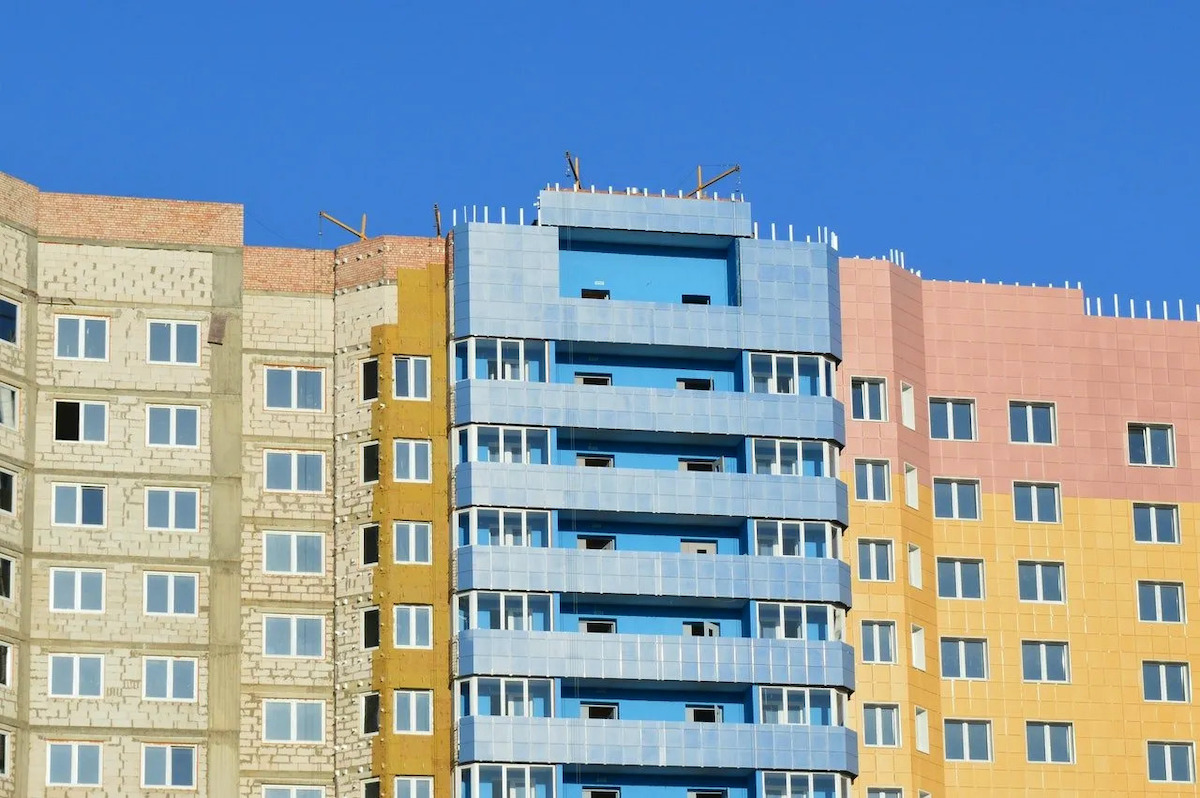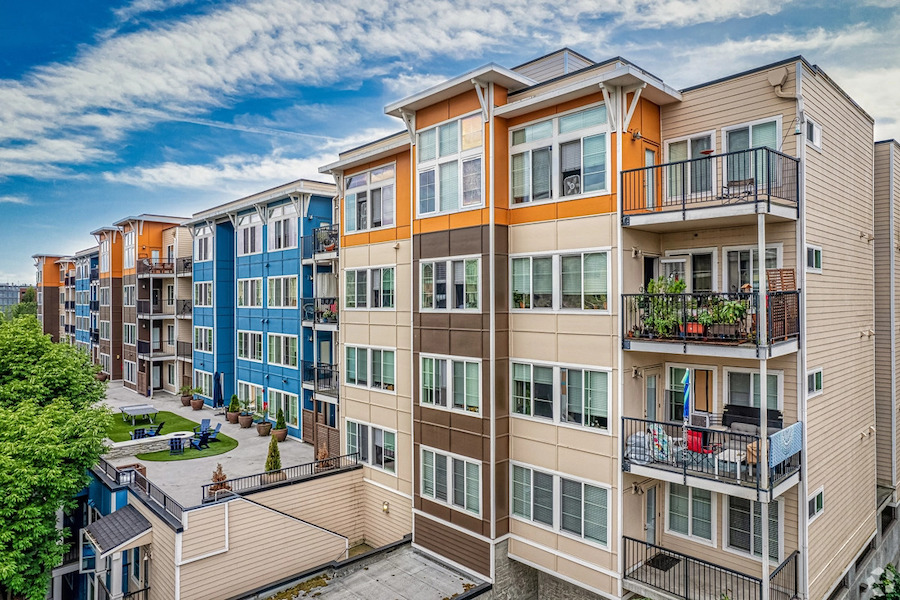
Maxwell Drever Elucidates Ideal Practices for Converting Hotels into Affordable Workforce Housing
Not every building is suitable for transformation. Conversion of hotels into apartments requires a feasible structure and smooth constructability standpoint. As a result, there are a few elements that hotel owners must consider for evaluating the conversion. The worldwide pandemic has resulted in an economic blow faced by almost every economic player. However, overcoming the turmoil is not easy. It’s because the effect is devastating. In this scenario, the workforce population who faces the issue of job insecurity gets forced to live in suburban areas. These individuals do not even have the resources to rent luxury apartments in the city centers. So where will they go? They require affordable workforce housing. Since converting these new apartments is costly, the transformation of hotels into residential units has become the current trend.

Look into these factors before converting hotels
First and foremost, hotel owners have to evaluate several fundamental elements. These are listed below:
- Whether it will require minor or significant work?
- What upgrades are required to ensure better construction?
- What are the building code considerations?
The structural aspect
Apartments and hotels use the live load, and thus their structural requirement is similar. The structural upgrades are required to ensure that the conversion is worthwhile. Hotel owners must consider the construction type, location, and building condition. When talking about construction type, Maxwell Drever reveals that steel or concrete structural systems need up-gradation to create a home-like environment. Concrete buildings established before the 1970s would have to undergo mandatory upgrades under the new housing program. Moreover, hotel owners have to do away with wood frame building and make changes in the interior to ensure that the walls, overall layout, and kitchen area have a residential feel.

The building code
Hotels are transient lodging designed for a temporary stay. Hence, their occupants are different from those who live in homes. The code for buildings is more restrictive than earlier. When working on the area, building height, and construction type, paying attention to the building code is necessary. Remember that most buildings are designed differently without any significant code upgrade. As a result, hotel owners must analyze the existing building codes and zoning provisions. The new changes in the codes trigger new requirements and additional conditions. Hence, hotel owners must evaluate every aspect of the current code regulation and work accordingly.
Accessibility remains a vital aspect
Accessibility is a significant challenge that hotel conversion has to overcome. In general, the proper location of a hotel is necessary to ensure that they get a smooth flow of guests. Accessibility requirements vary between hotels and residential units. Maxwell Drever states hotel owners have to work on the infrastructural layout and provide adequate support to the individuals occupying them.
Whether it is the electrical supply or energy requirement or the plumbing and mechanical requirements, hotel owners cannot take these casually. Whenever undertaking the conversion, they have to comply with the local building codes and ensure that the conversion process adheres to the local rules and regulations.



